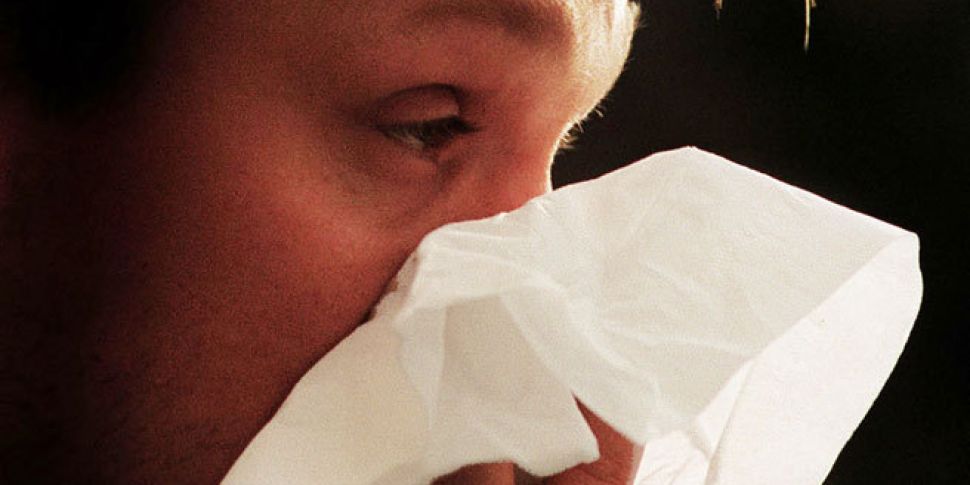One group is warning of a spike in flu cases, and reminding people to get vaccinated.
The Irish Pharmacy Union (IPU) says it is seeing a spike in respiratory and cold and flu-like symptoms in the last two weeks, as temperatures continue to fluctuate.
It is also reminding people, especially those in at-risk categories, that it is not too late to get the flu vaccination.
Flu season lasts from October to April.
At-risk groups include elderly people, pregnant women, people with chronic illnesses and healthcare workers.
"All those in an at-risk group who hold a medical card can avail of the flu vaccine free of charge at their local pharmacy", the IPU says
Ann Marie Horan, pharmacist and member of the executive committee of the IPU says: "Over the last two weeks we have seen an increase in the number of people coming in with persistent respiratory and cold and flu like symptoms.
"There are a number of viruses circulating at this time of year and many are very hard to shift. Antibiotics do not cure the viral cold or flu. It is best to treat a cold or flu by resting, staying warm and keeping well hydrated.
"People should speak to their pharmacist for personalised advice about using non-prescription medicines to ease their symptoms".
Is it the flu?
While it can often be difficult to tell the difference between the common cold and flu, a cold is much less severe than flu.
Flu symptoms, particularly fever and muscle aches, tend to come on suddenly - whereas a cold usually starts gradually with symptoms of a sore throat and a blocked or runny nose.
Ms Horan added: "It is important to remember that flu is an extremely contagious respiratory illness and can lead to serious illness, even death, particularly for elderly patients and those suffering from chronic illnesses or a weakened immune system.
"The flu vaccination, which is available in your local pharmacy, is the best way to reduce your chances of getting seasonal flu and spreading it to others".
The flu virus can be passed on by coughing or sneezing - and can be spread from one to two days before you develop symptoms, and for up to a week after symptoms develop.
The Health Service Executive (HSE) has previously warned that flu could cause up to 1,000 deaths if Ireland has a severe winter.
Research has shown that the flu vaccine cuts the risk of death from influenza for elderly patients and reduces the chance of hospitalisation.









